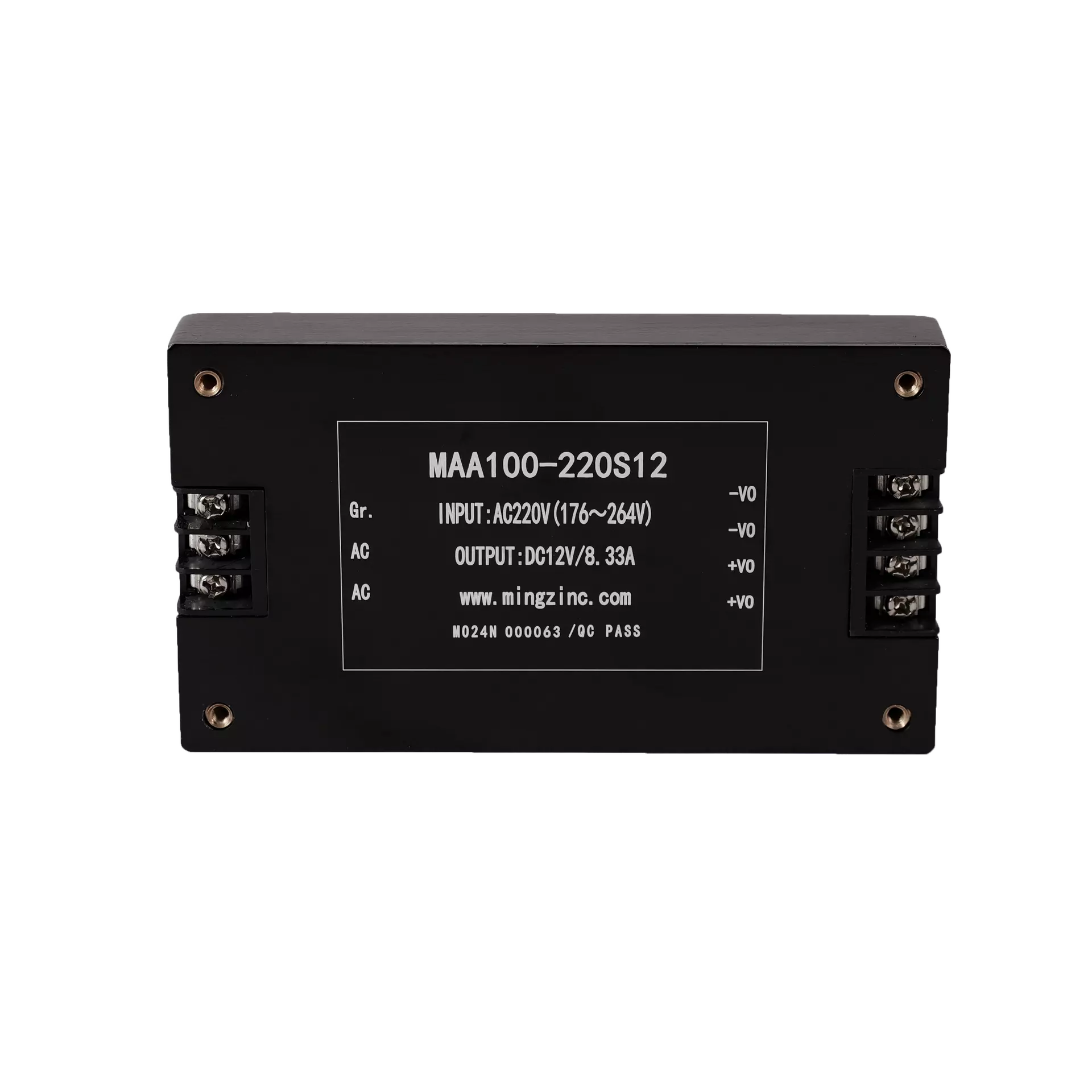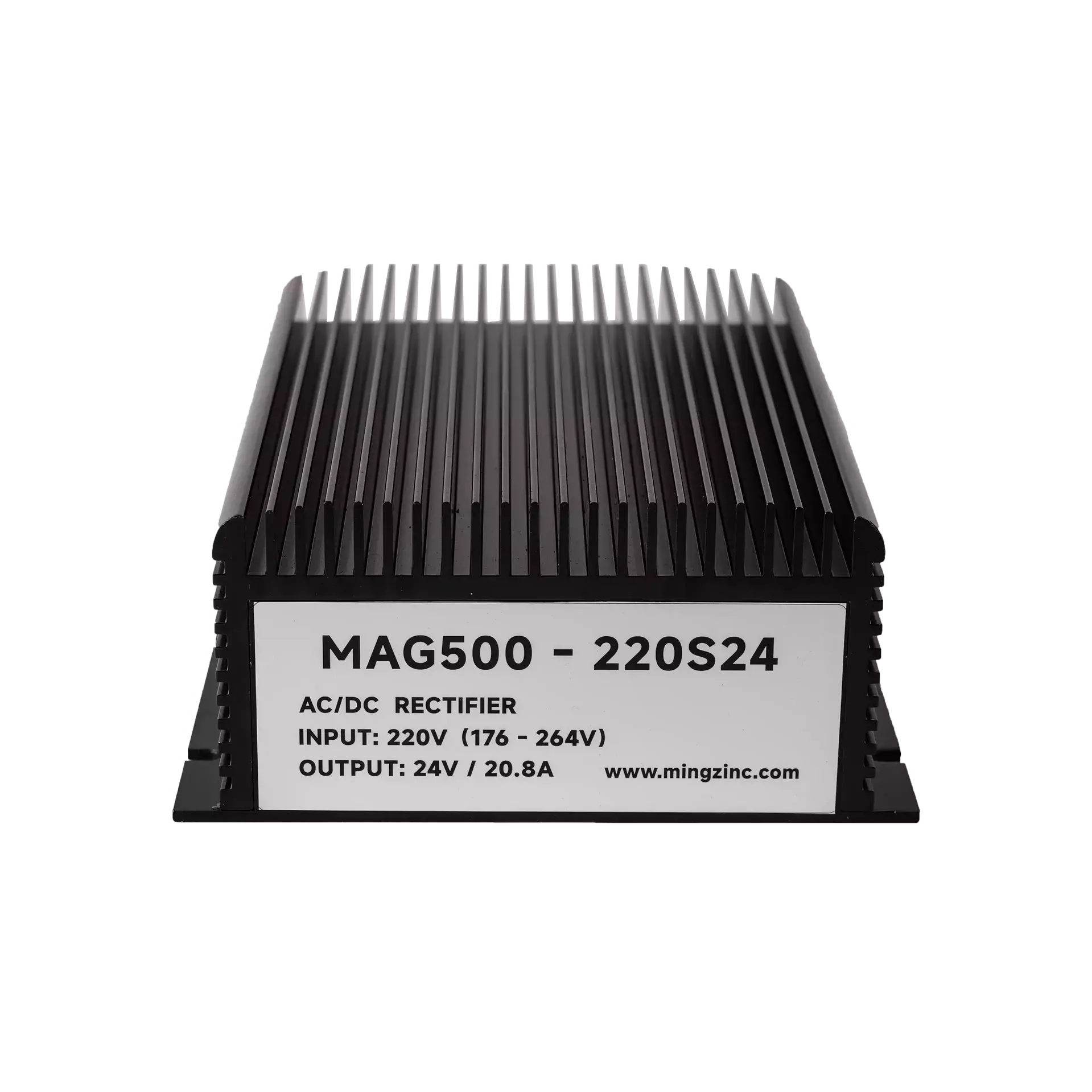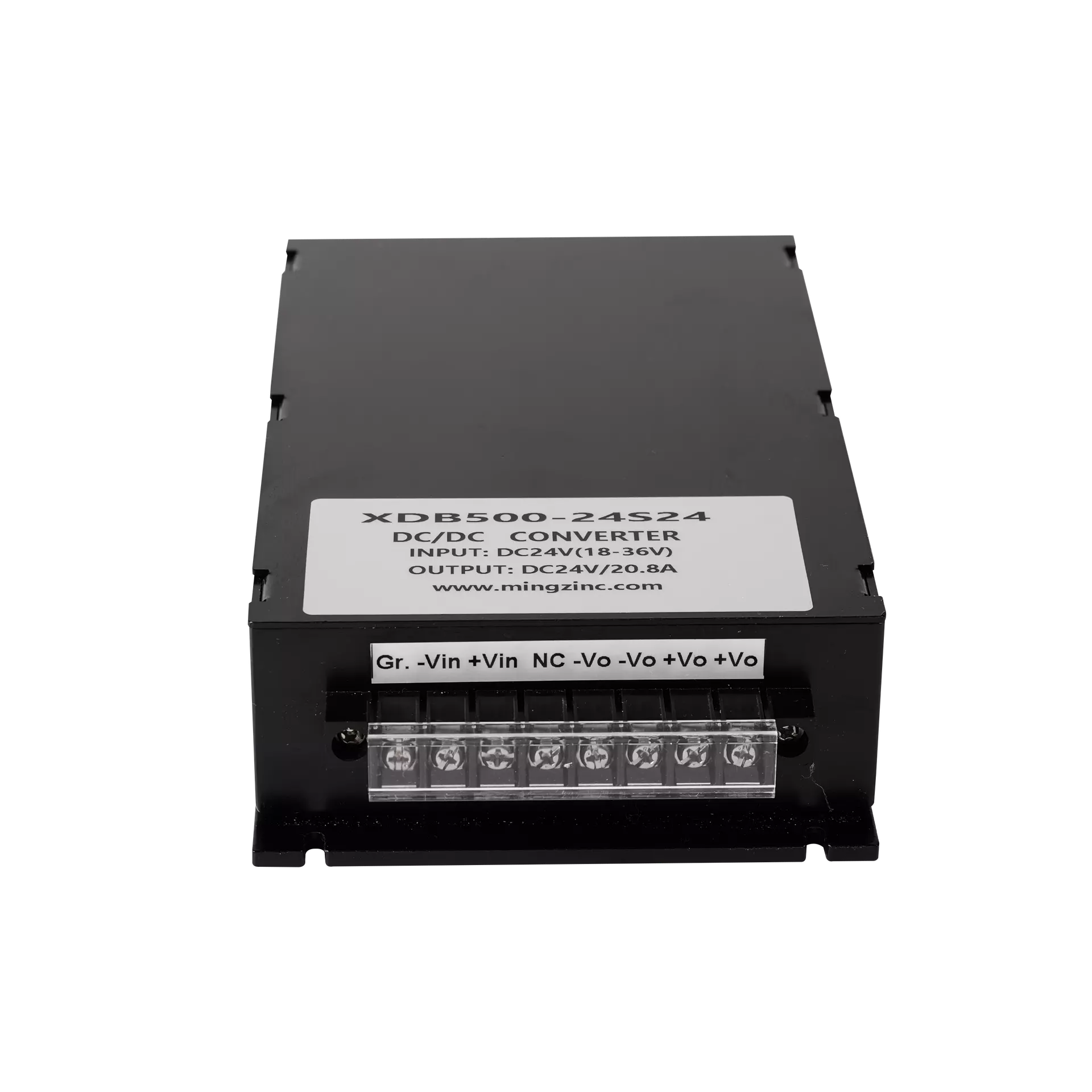The Role of Modular Power Supply in Modern Home Energy Storage Systems
Introduction
As the demand for clean energy and self-sufficient homes increases, home energy storage systems are becoming essential. At the core of these systems lies the modular power supply, which ensures efficient power conversion and reliable energy management. In this article, we explore how modular power supplies support home battery systems, along with current global trends and key considerations.
1. What is Home Energy Storage?
1.1 How Home Energy Storage Works
Home energy storage systems store excess energy—often generated by solar panels—for later use. They typically consist of rechargeable batteries, a battery management system (BMS), and a power conversion unit. The stored energy can be used during peak hours, power outages, or when solar generation is low.
1.2 Main Types of Home Energy Storage
-
Lithium-ion battery systems (most common)
-
Lead-acid battery systems (cost-effective but less efficient)
-
Saltwater and flow batteries (emerging alternatives)
1.3 Common Use Cases
-
Backup power during grid outages
-
Maximizing solar energy self-consumption
-
Reducing electricity bills by load shifting
-
Supporting off-grid living
1.4 Advantages and Disadvantages
Pros: Energy independence, environmental benefits, lower bills.
Cons: High upfront costs, space requirements, battery degradation over time.
1.5 Key Challenges
-
High initial investment
-
Limited battery lifespan
-
Regulatory and installation barriers in some regions
1.6 Future Outlook
Technological advancements and falling battery costs are expected to drive wider adoption. Integration with smart home and grid-interactive features will shape the next generation of systems.
Recommended Reading:Modular Power Supplies in Solar Energy: Enhancing Green Energy Systems with Precision Voltage Regulation
2. Global Trends in Home Energy Storage
2.1 Top 10 Countries by Adoption Rate
Countries leading in home battery deployment include:
-
Germany
-
Australia
-
United States
-
Japan
-
South Korea
-
Italy
-
UK
-
Spain
-
France
-
China
2.2 Who Benefits Most from Home Storage?
-
Homes with solar panel systems
-
Regions with high electricity rates or unreliable grids
-
Eco-conscious consumers seeking energy independence
2.3 Cost Overview
A complete home battery system ranges from $8,000 to $20,000 USD, depending on capacity, brand, and additional features like smart inverters.
3. Application of Modular Power Supply in Home Energy Storage
3.1 Mainstream Application Solutions
Modular power supplies are used in:
-
DC-AC inverters
-
Battery management systems (BMS)
-
Micro-inverters for solar storage systems
They support diverse battery chemistries and system sizes.
3.2 Key Selection Criteria
When choosing a modular power supply, consider:
-
Power output to match battery and inverter demands
-
High conversion efficiency (over 90%)
-
Compact size for space-limited installations
-
Thermal stability and low noise
-
Cost-performance ratio suitable for residential use
3.3 Custom Power Needs
Custom modular power supplies may be necessary for:
-
Large-capacity systems
-
Smart-home integrations
-
Off-grid or hybrid setups with unique voltage/current needs
3.4 Performance Benchmarks for Quality Products
An ideal modular power supply for home battery systems should offer:
-
High reliability (MTBF > 100,000 hrs)
-
Wide input/output voltage range
-
Safety compliance (UL, CE, RoHS)
-
Real-time monitoring or communication interface support
3.5 Impact of Poor Power Supply Choices
An unreliable power supply can lead to:
-
Shortened battery lifespan
-
System inefficiencies
-
Increased risk of overheating or failure
-
Poor energy management and user dissatisfaction
Recommended Reading:Modular Power Solutions: Enabling Efficient Renewable Energy Integration
4. Conclusion
As the home energy storage market evolves, the role of modular power supplies becomes increasingly critical. Their ability to deliver stable, efficient, and customizable power makes them indispensable in modern battery systems. For manufacturers and homeowners alike, choosing the right modular power supply is key to achieving reliable and sustainable energy storage solutions.








